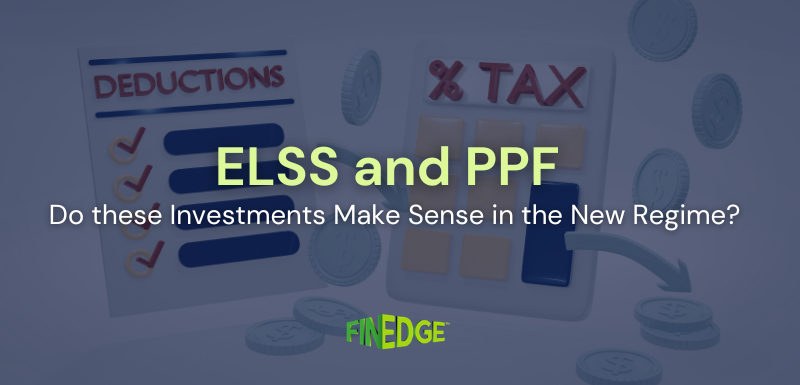How to invest in Mutual Funds profitably

With its steadily growing asset base that recently topped the Rs. 22 trillion (22 lakh crore) mark, Mutual Funds have grown in popularity over the past three years. However, not all investors would share AMFI’s view that “Mutual Funds Sahi Hai”!
If some basic tenets of Mutual Fund Investing are not followed, investors may end up burning their fingers and having a poor experience. Here are a few pointers on how to invest in Mutual Funds profitably.
Do Your Homework
Make sure you fully understand the nuances of mutual fund investments, their associated risks, and factors that could influence their returns. Although mutual funds are a ‘hands off’ product and require minimal management from your end, not knowing why your portfolio returns are progressing in a certain way, can be very disconcerting and can negatively influence your investment decision making.
Don’t Clutter Your Portfolio
Over time, many Mutual Fund investors commit the mistake of building cluttered portfolios, replete with fifty different funds and bite sized investments into every NFO ever launched! This is a surefire way to underperform broad benchmarks over the long term. Given that each mutual fund scheme invests into anything from fifty to hundred different securities, cluttering your portfolio can lead to overdiversification – and hamper your returns. Stick to a maximum of ten funds in your portfolio always; weed out underperformers periodically.
Follow Asset Allocation Principles
Your risk profile and time horizon should determine your target asset allocation. For example, if you’re a moderate risk taker with a long-term horizon, you may want to invest predominantly into balanced funds, or build a portfolio with a 60:40 spread between equity and debt mutual funds. Regardless of the vagaries of the markets, stick to your documented and planned asset allocation resolutely. Rebalance your portfolio once a year, to bring it back to your target asset allocation mix.
Don’t go it Alone
Direct investing via robo platforms or DIY websites may be the ‘cool new thing’ nowadays, but in our experience – the support of a Financial Advisor is critical, to invest into Mutual Funds profitably. With a lot of tailwinds that drove the secular growth of mutual fund schemes in the past few years now tapering off, you’ll be better off with the support of an expert, to guide you through the maze of available options and help you zero in on the potentially best performing funds.
Stick with the Plan
Unlike fixed deposits and traditional fixed income instruments, mutual funds are not guaranteed return or capital protected investments. Sometimes, things will flow seamlessly as per plan, and at other times, the ups and downs of the markets will test your mettle. When it comes to mutual fund investments, chopping and changing your portfolio mix will do more harm than good! Stick with the plan unless something changes fundamentally and drastically – which is something that a qualified financial advisor should be able to alert you to!
Your Investing Experts
Relevant Articles
Should You Continue Investing in ELSS and PPF in the New Tax Regime?
With Section 80C deductions removed under the new tax regime, ELSS and PPF must now stand on their investment merit. The decision is no longer about tax savings alone, it is about suitability, liquidity, and long-term goals.
When Is the Right Time to Start Investing for Your Goals?
When is the right time to start investing for your goals? Many believe the answer depends on market stability, income comfort, or economic certainty. In reality, the right time is when your goals are clear and you are prepared to act with discipline. Wealth is rarely created by waiting. It is built through consistent participation guided by a defined investment process.
How to Adjust Your Investments After a Salary Raise
A salary hike is more than a pay revision, it is an opportunity to realign your financial direction. The smartest response to higher income is not immediate lifestyle expansion, but a structured review of your goals, debt position, and investment contributions. When handled thoughtfully, each raise can accelerate wealth creation rather than simply increase monthly expenses.
.png)

.png)
